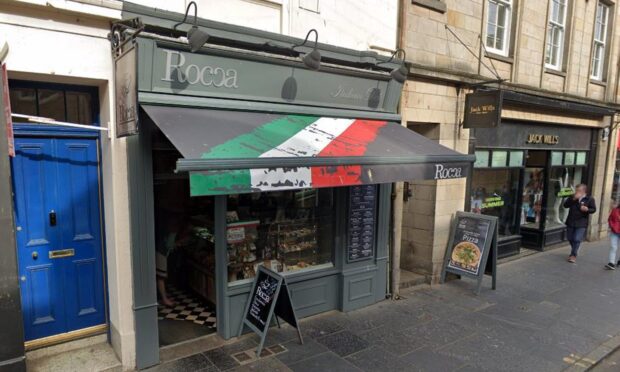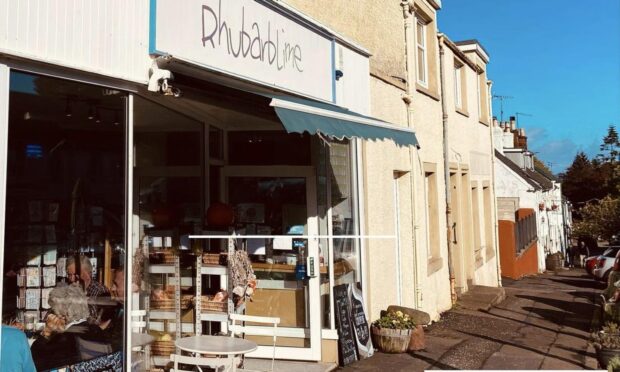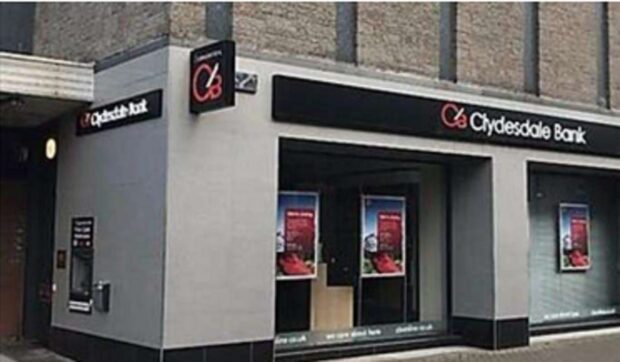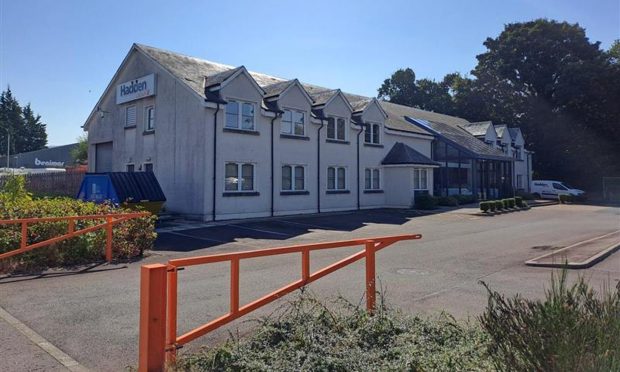Scotland’s home building industry says the Land and Buildings Transaction Tax (LBTT) is having a detrimental effect on the middle to higher end of the housing market.
Trade body Homes for Scotland (HfS) says it could people off buying homes in that category and block others from moving up the property ladder.
HfS is unhappy that in Scotland the 10% band becomes payable for purchases from £325,000 upwards – in contrast to south of the Border where it becomes effective on purchases over £925,000.
Under the banding system, the 10% is applied after the buyer pays 2% for the portion between £145,000 and £250,000 and 5% for the portion from £250,000 to £325,000.
Policy director Karen Campbell said: “A real additional burden has been placed on some buyers.
“This is clearly affecting sales as many people are choosing not to move as they find the cost too high.”
She said the tax was having a disproportionate effect in regions such as Aberdeen, Aberdeenshire and Edinburgh where the average family home commonly exceeds £325,000.
A new four bedroom family home in Edinburgh costing £475,000 would have a LBTT of nearly £21,000, calculated by adding together the 2%, 5% and 10% banding sums.
The £21,000 is £6,600 more than what was due under the previous Stamp Duty system and £7,100 more than in England.
She added: “People purchasing at the higher end of the market tend to be discretionary movers, meaning they are choosing to move rather than having to because of circumstance.
“By staying put, they block others from progressing onto or up the property ladder and thus exacerbate the country’s housing crisis.”
Responding to a call for evidence from the Scottish Parliament Finance Committee, HfS is suggesting that the current 5% band be extended up to £925,000, mirroring the position south of the Border to help ensure Scotland remains an attractive place in which to invest.
She continued: “LBTT generated lower than expected receipts from housing transactions in its first year, with the gap plugged by income from the non-residential sector.”










